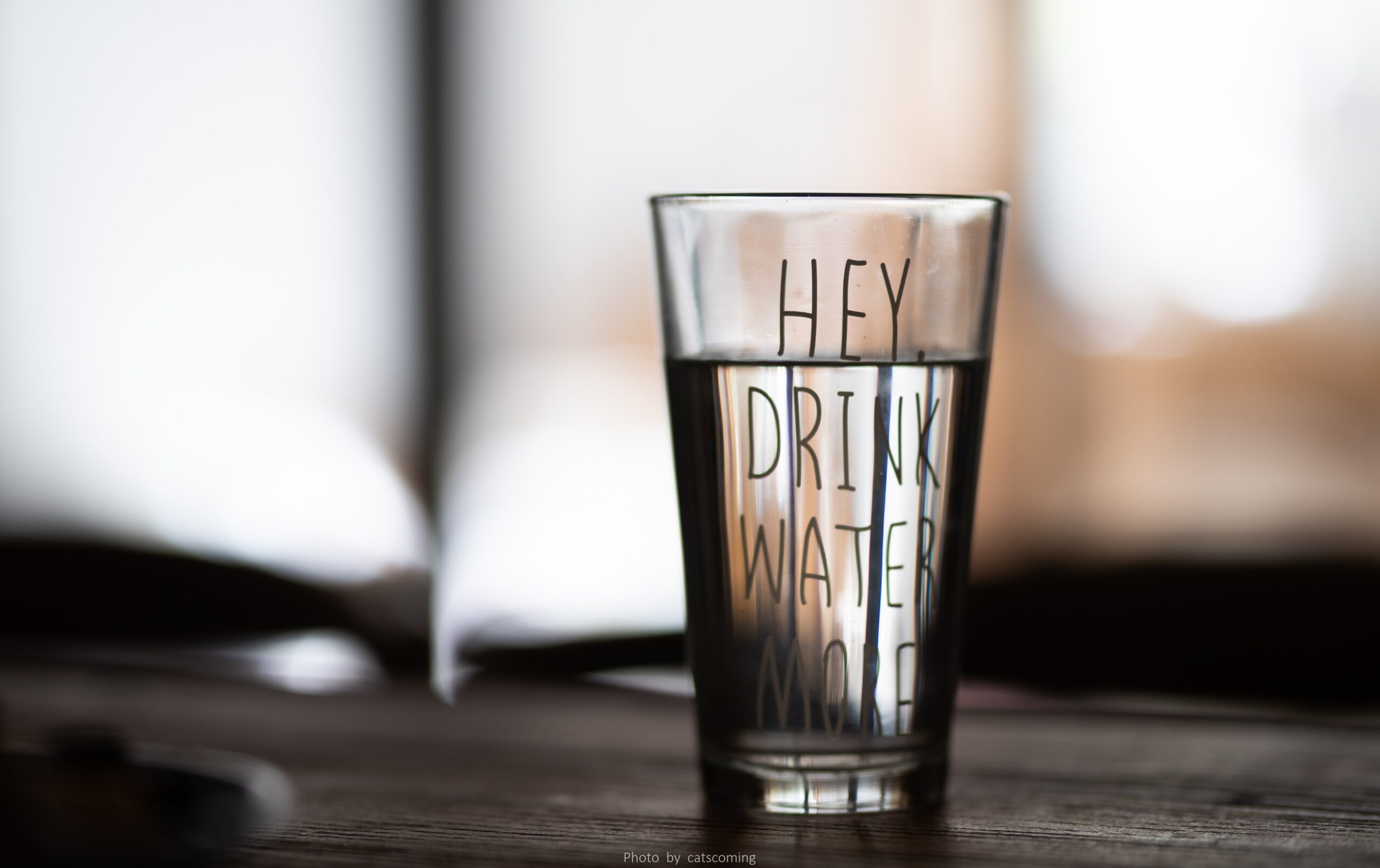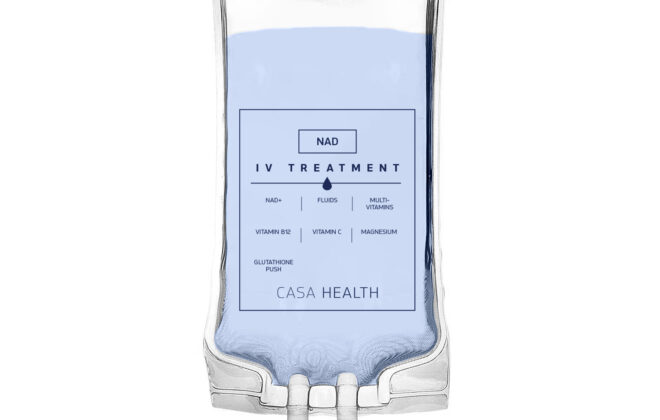The Dangers of Dehydration: Why Staying Hydrated is Crucial for Good Health
Despite the fact that dehydration affects the majority of people, it is frequently disregarded. A humans, we can get used to just about everything, even if doing so isn’t in our best interest. In today’s fast-paced environment, it can be really tough to properly prioritize hydration when there are so many other seemingly important things that are calling your attention. But, dehydration can lead to a number of health issues, including chronic disorders, so you probably should be taking it more seriously.
The Centers for Disease Control and Prevention (CDC) estimate that more than one-third of adults in the US do not drink enough water, and some studies say that up to 75% of people are dehydration. This dehydration is a significant cause of many health issues, including headaches, lethargy, and decreased physical performance. Dehydration can also make it more likely for people to acquire long-term conditions like heart disease, renal disease, and stroke.
The body’s capacity to control its temperature is hampered by dehydration, which is one of the main reasons why it is problematic. Dehydration impairs our bodies’ ability to cool off, which can result in heat exhaustion, heatstroke, and other health issues. Dehydration also reduces the body’s capacity to absorb nutrients, which has a negative impact on energy levels and physical performance.

Another significant risk factor for the onset of renal disease is chronic dehydration. Our kidneys have to work harder to filter out waste and poisons when our bodies are dehydrated, which can cause a buildup of toxic substances and long-term renal damage. Chronic dehydration can, in severe situations, cause renal failure.
So how do we fix the dehydration issue? Increased water consumption is the easiest fix. Adult men should try to drink at least 3.7 liters (or roughly 13 cups) of water daily, while adult women should aim to drink at least 2.7 liters (or roughly 9 cups) daily, according to the CDC. However, the precise amount of water needed will differ depending on factors including age, body weight, and level of physical activity.
Other methods of staying hydrated exist in addition to drinking water. For instance, you can consume meals that are high in water content, such fruits and vegetables, to assist your body stay hydrated and maintain optimal health. Exercise can be incorporated into your daily routine as it will aid to boost your fluid requirements and encourage hydration.
In summary, maintaining hydration is essential for health, but sometimes it can be difficult to get enough especially if you’re coming from behind due to illness, over exertion, or chronic dehydration. In those cases, IV hydration may be the best option to quickly and effectively get you back to an acceptable level hydration. This is done under the supervision of a qualified medical professional, who can also add additional vitamins and minerals that will specifically aid you in becoming the healthiest version of you!
FAQs
- What are the common signs of dehydration?
Signs of dehydration include thirst, dry mouth, dark-colored urine, fatigue, dizziness, and headache. In severe cases, dehydration can lead to symptoms like confusion, rapid heartbeat, and fainting. It’s important to pay attention to these signs and prioritize hydration to prevent complications.
- Can dehydration affect my mental performance?
Yes, dehydration can significantly impact mental performance. When your body lacks proper hydration, it can lead to decreased cognitive abilities, such as reduced concentration, impaired memory function, and slower reaction times. Staying adequately hydrated is crucial for maintaining optimal brain function and cognitive performance throughout the day.
- Can concierge medicine provide personalized hydration plans tailored to individual health needs?
Yes, concierge medicine takes a personalized approach to healthcare, including hydration management. Physicians work closely with patients to develop customized hydration plans that take into account factors such as age, activity level, medical history, and environmental conditions, ensuring optimal hydration and overall health.


